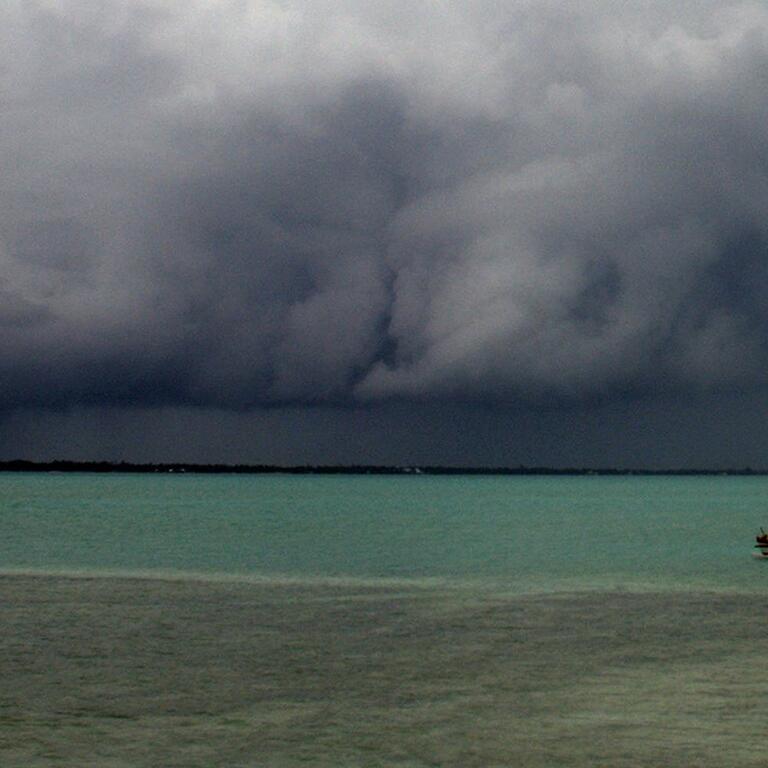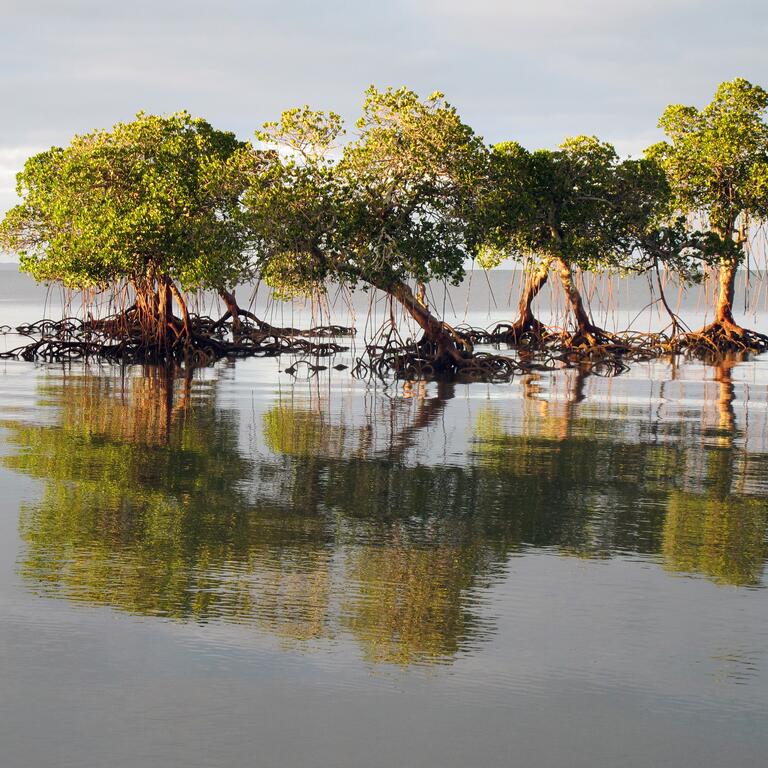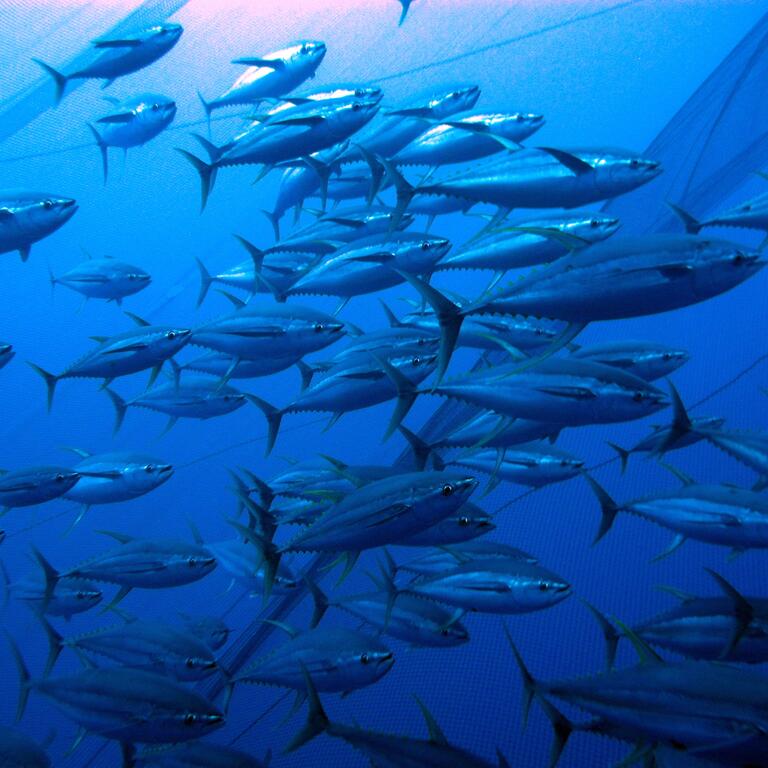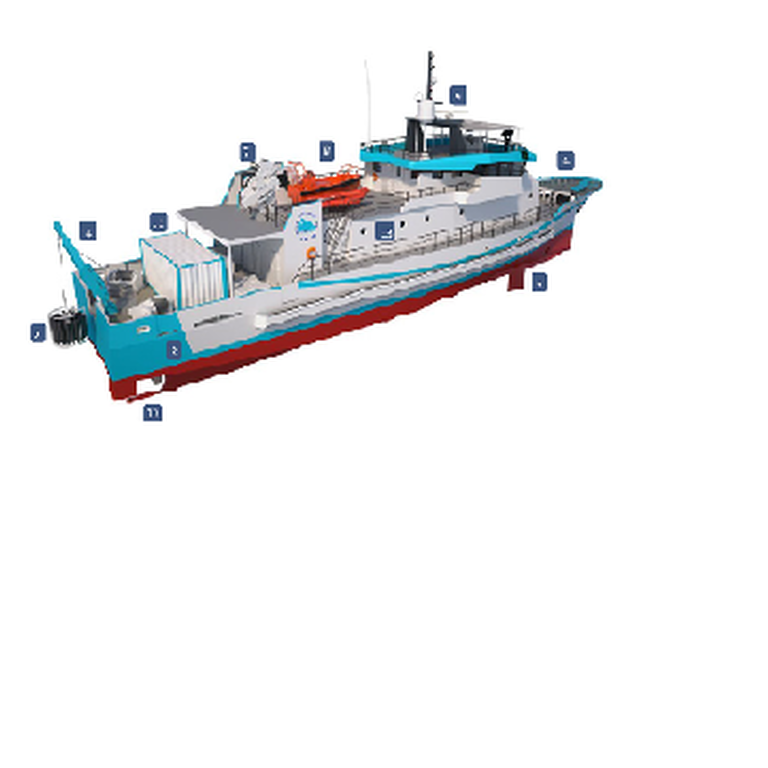Understanding the processes of marine ecosystems to support sustainable management
The Pacific Ocean, with its extraordinary expanse and depths, its multitude of coral reefs, land masses and islands, contains a vast array of diverse ecosystems. Safeguarding these ecosystems is vital for economic growth, food security, and environmental conservation of the region, as well as for its cultural heritage.
What is an ecosystem?
An ecosystem is a geographic area in which a community of living things interact with each other as well as with non-living things. Marine ecosystem science takes into consideration all of the living, biological components, as well as the physical, non-living components – right down to the chemical composition of the environment.
Our science to support ecosystem management
We use a variety of scientific approaches to understand the processes that take place in the marine ecosystem so that we can be confident in our assessments of them. Through the implementation of research and capacity-building activities, we aim to provide the best possible scientific advice to our members to support the management and conservation of their resources.
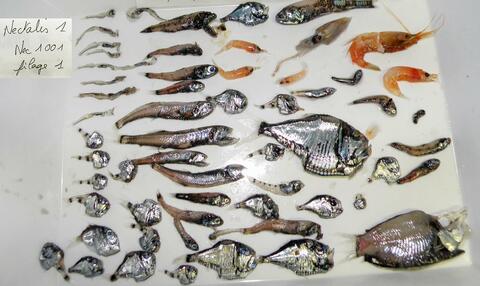
Our work in this area underpins a better understanding of the various impacts upon oceanic and coastal ecosystems from processes such as climate change, human activities, increasing populations, and from natural disturbances such as earthquakes and cyclones. Incorporating this information into our scientific advice assists our members in implementing an ecosystems-based management approach to their fisheries.
We are working with our members to support them in anticipating ecosystem impacts by developing and using data collection tools, advanced computer models, and information systems. With coastal ecosystems, we can draw on traditional knowledge to complement novel scientific approaches in proposing solutions. By enhancing the data available for ecosystem monitoring, we can strengthen the analyses and advice that we provide.

